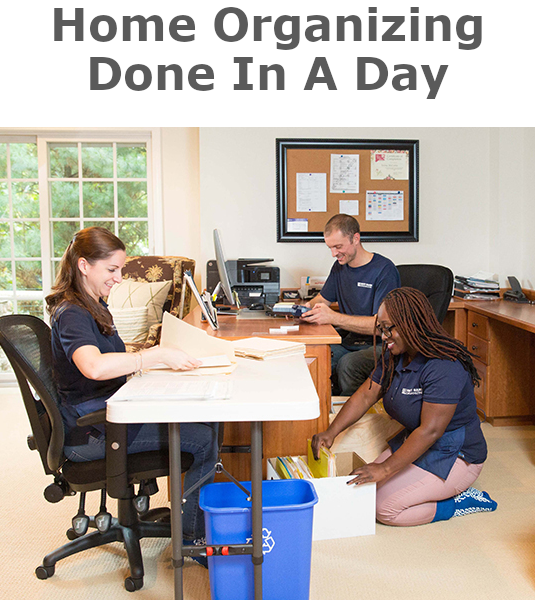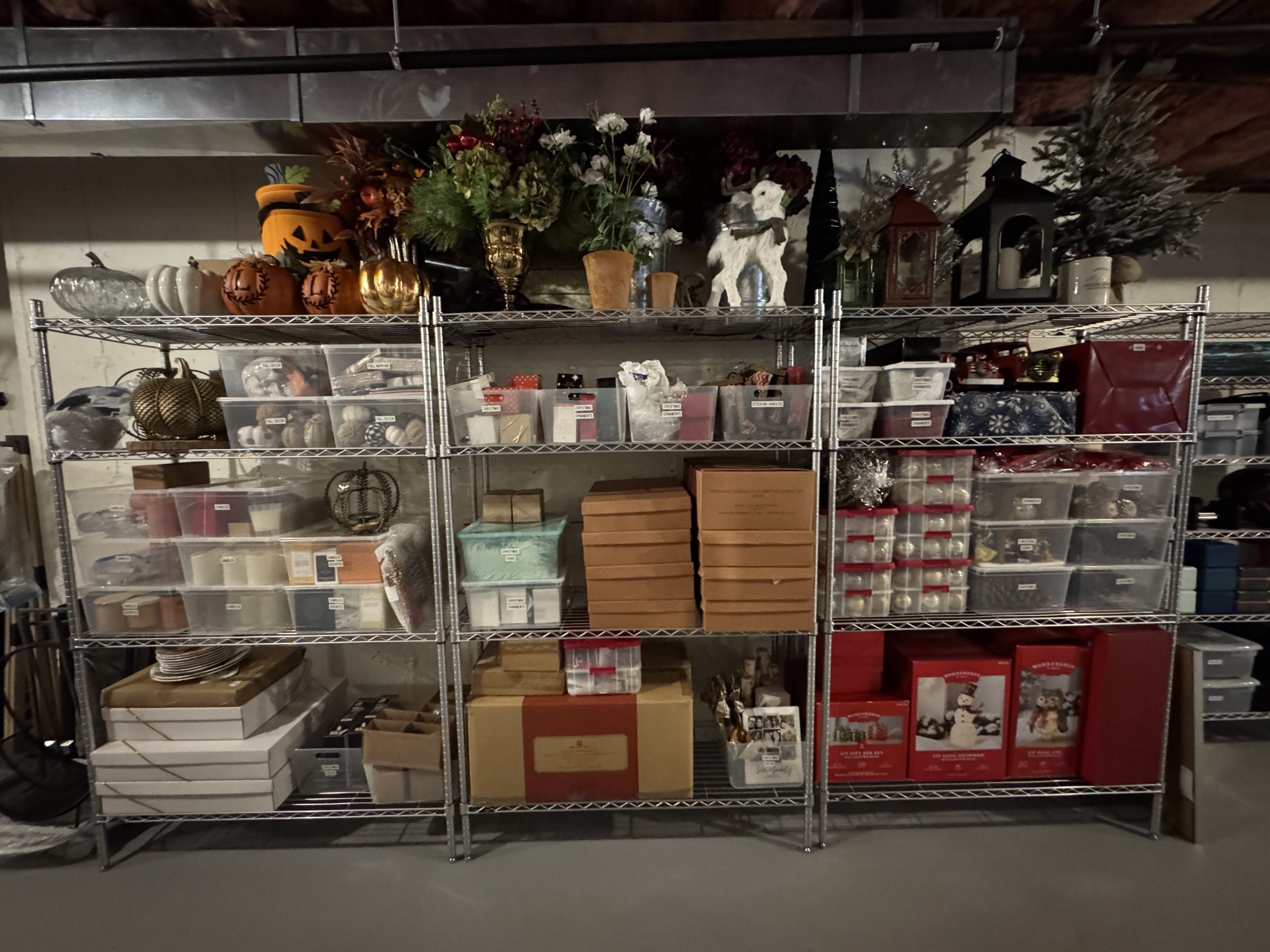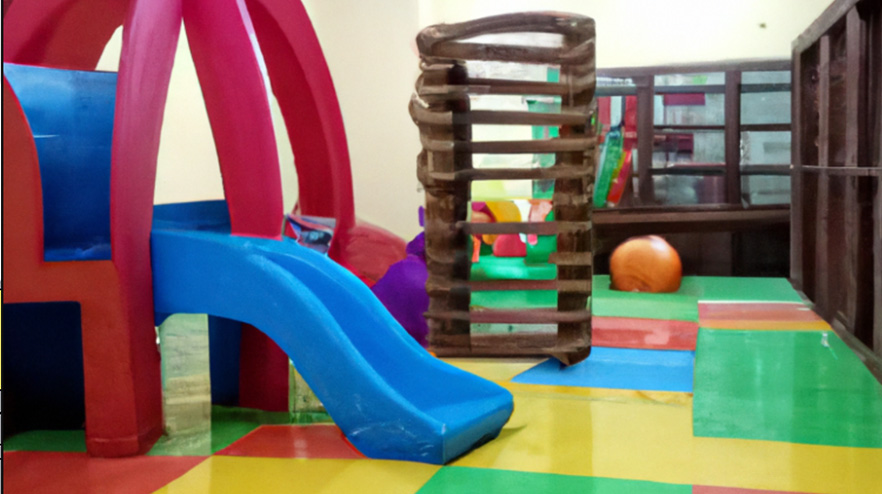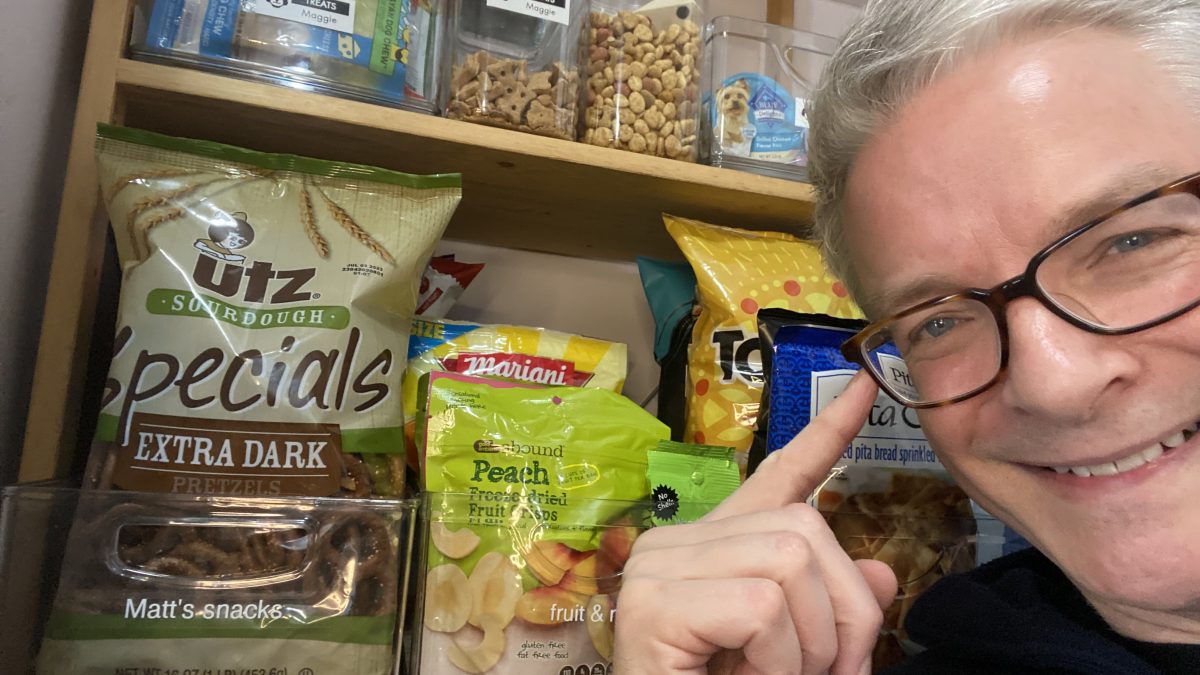It’s a beautiful idea: take all this stuff in your home that you don’t need and convert it into money that you really do need. More often than not, it’s easier said than done. It’s helpful to know what does work and what doesn’t.
Here’s a sampling.
Doesn’t Work: SO CALLED collectibles on eBay. If you’re looking to make a fortune on your collection of “special, limited-edition collector” plates, look somewhere else. This is the advice I got from Marc (didn’t get the last name) at I Sold It in Norwalk, an eBay franchise store. Marc tells me that “limited edition” is a clever marketing scheme, which basically means that the “collectible” is produced until the mold is worn out. Since thousands of people can own the same item, it can not be considered rare and valuable.
Works: RARE collectibles on eBay. On the other hand, eBay is a great place to sell rare and small (shippable) collectibles, because you open up your market to the world. I have done very well selling much of my Muppet collectibles through eBay, but to do it right is a lot of work. I have also done well selling collectibles on eBay through a company like I Sold It. I highly recommend letting a professional like Marc, who knows what he’s doing, handle your eBay sale. He will take a percentage of about 25-30%, which may sound like a lot, but trust me, in the long run you will save time and money.
Doesn’t work: Bookstores and Libraries. With the explosion of internet marketing the surviving secondhand bookstores are able to give you very little for your books and they are very particular. Libraries will take donations to raise money at booksales, so they can’t be considered a source for cash. Even if you are GIVING away your beautiful set of World Book Encyclopedias be prepared to be discouraged. The Google/Wikipedia generation is not interested.
Works: half.com. The best way I have found to make money from books is half.com, a division of eBay. Half.com allows you to sell your books at half their price online. If you’re getting half price for a book these days, you’re doing great and it’s pretty easy. Go to half.com and register. You simply enter the number above the upc code and the exact book is brought up in their database, so there are no misunderstandings between buyer and seller. You then enter the condition it’s in and the price you want. The service is very helpful with both. When an interested buyer selects your book, half.com emails you a completed packing slip and mailing label to print out. All you have to do is get the book and packing slip into a padded envelope and into your nearest mailbox. You initially pay the postage, but you get reimbursed by the buyer automatically. Your payment for all the books you sell that month shows up in your bank account via Pay Pal. Learn more at www.half.com
Doesn’t work: Yard Sale. They go by a lot of names- garage sale, lawn sale, tag sale, stoop sale- to name a few, but they’re all based on the same idea: “I’ve got all this stuff I don’t need, but it’s too good to throw out.” If you approach a yard sale with the primary goal of eliminating stuff without tossing it, it can be a good way to spend a Saturday, especially if you would welcome an opportunity to get to know the neighbors. If, however, your primary goal is to make money, you’d be better off selling encyclopedias door to door. You need to get up early to prepare for the initial (most profitable) rush of customers. You not only have to drag everything out on to the lawn and set things up, but also work out prices for everything if you’re hoping for items to move. If you’re not willing to let things go for ridiculous deals, be prepared to lug everything back inside after an exhausting, frustrating day. From start to finish you may be looking at 10 hours, $98 in profits, and half your inventory back in your garage. Is that worth your day off?
Works: Craigslist. For the smaller items you might sell at a yard sale, I think you’re better off donating them and taking the receipt for your taxes, but for larger items Craigslist can be great. One category I see a lot in my line of work is unused exercise equipment. Oh sure, we all have the best of intentions, but if that treadmill is being used as a drying rack for laundry, it’s time to let it go. I posted an exercise bike and a rowing machine on Craigslist and in both cases I immediately had several interested parties, the buyers came to my home the same day, took the equipment away and paid what I asked for, in cash. Craigslist is free and easy to use. It is basically an online classifieds, so selling your stuff is only one of its many services. If you haven’t already joined the Craigslist revolution you owe it to yourself to check out www.craigslist.org.
If you have some effective ways to turn clutter into cash, I’d love to hear from you. These days money is tight everywhere so I’d like to be able share these ideas with those of us who could really use them.
Here’s another idea that might be helpful. If you are inundated with paper and you believe a penny saved is a penny earned, then this month’s special is for you. We have already reduced our hands-on paper management sessions as low as we can, but if you want to save money and take the do-it-yourself approach, I can teach you ALL my paper management secrets with the PAPER POWER HOUR.
You will learn how:
- to quickly catch up on years of backlogged paper from the past,
- to find the files you need in the present, and
- to set up systems to stay organized in the future.
All for just $86.
Please Share With Your Community
















